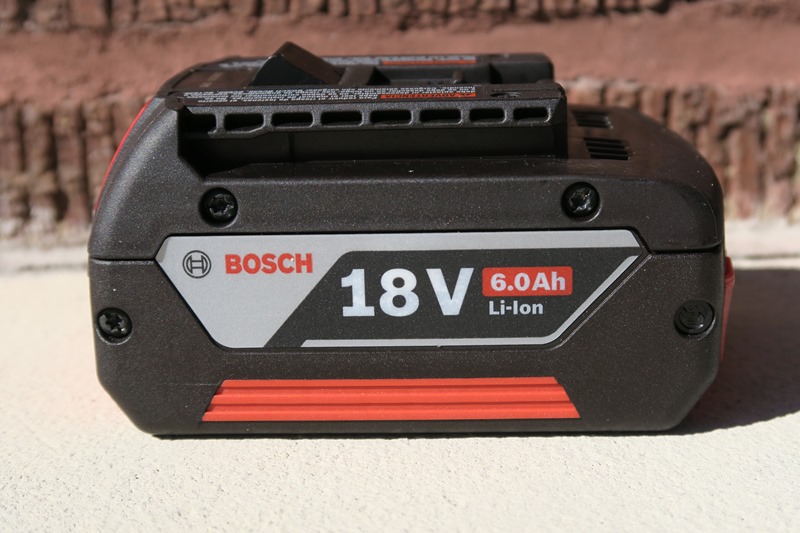Lithium-ion (Li-ion) batteries have revolutionized the power tool industry, offering enhanced performance, longer run times, and greater convenience. This guide delves into the history, advantages, sourcing, and considerations surrounding Li-ion batteries in power tools.
A Brief History of Lithium-Ion Batteries
Why Lithium-Ion Batteries Excel in Power Tools
Sourcing Lithium: Where Does It Come From?
Lithium is primarily extracted through two methods:
- Brine Extraction: Involves pumping lithium-rich brine from underground reservoirs into evaporation ponds.
- Hard Rock Mining: Involves extracting lithium-containing minerals like spodumene from rock formations.
Major lithium-producing countries include:
- Australia: Leading in hard rock lithium production.
- Chile and Argentina: Notable for brine extraction operations.
- China: Significant in both extraction and processing of lithium.
- United States: Emerging projects aim to boost domestic lithium production.
Considerations and Best Practices
- Safety: While Li-ion batteries are generally safe, they can pose risks if damaged or improperly handled. Always follow manufacturer guidelines.
- Battery Management: Proper charging, storage, and usage extend battery life and performance.
Final Thoughts
Lithium-ion batteries have transformed power tools, offering unmatched efficiency and convenience. Understanding their benefits, sourcing, and proper care ensures optimal performance and longevity, making them an indispensable component in modern toolkits.

